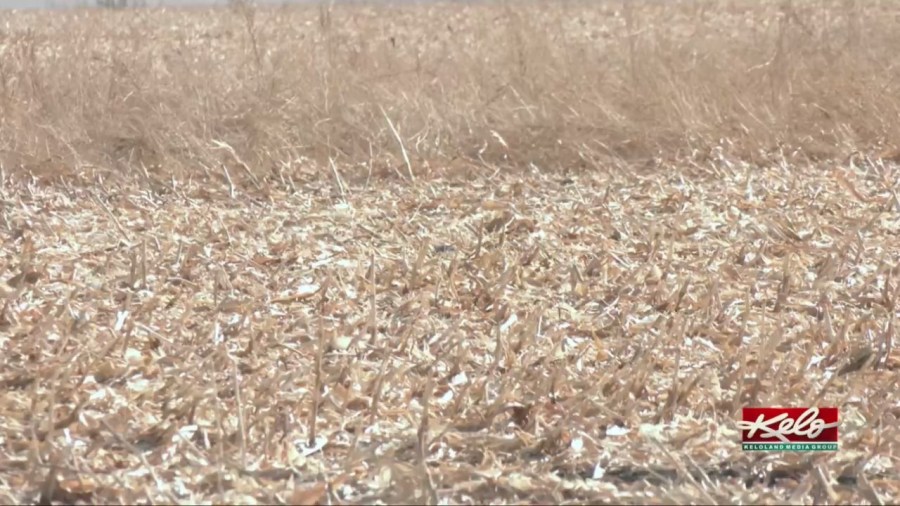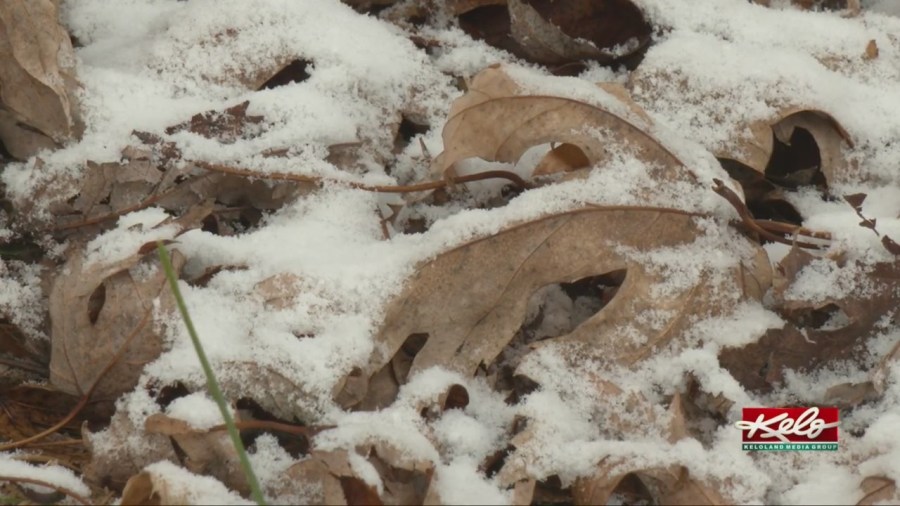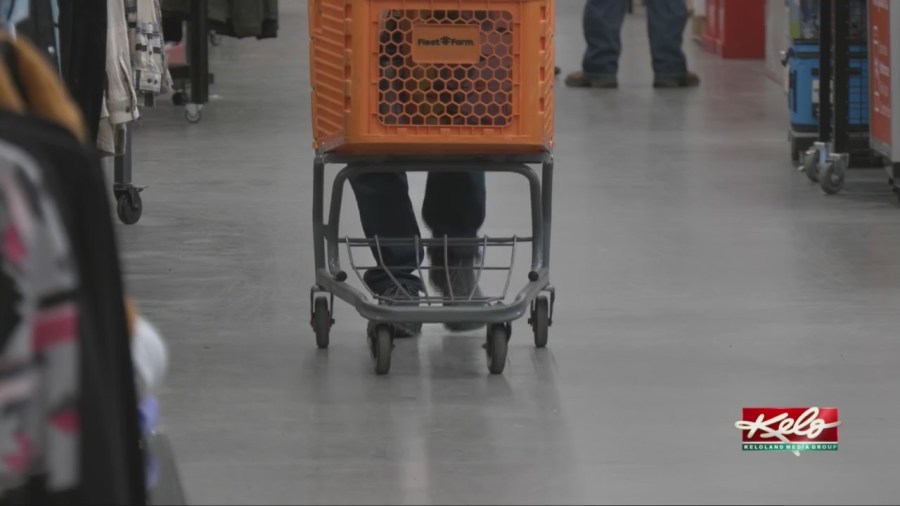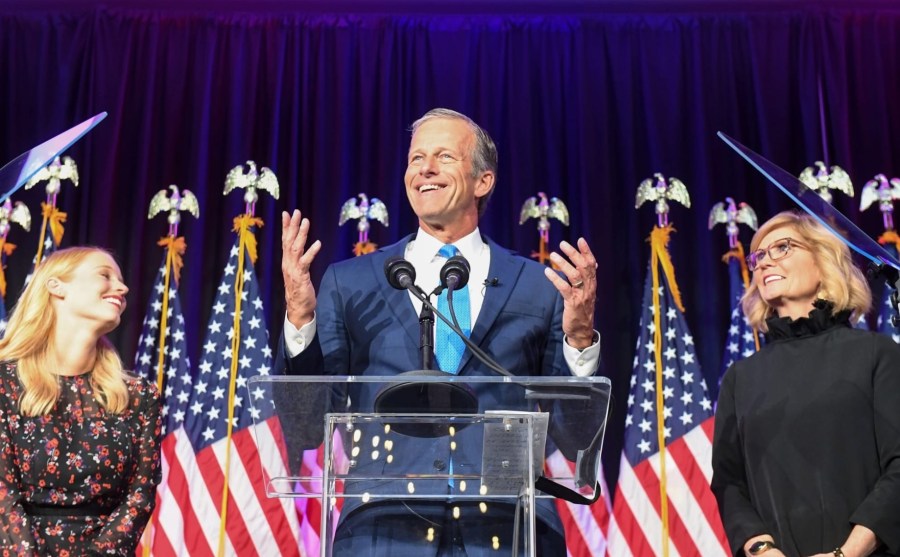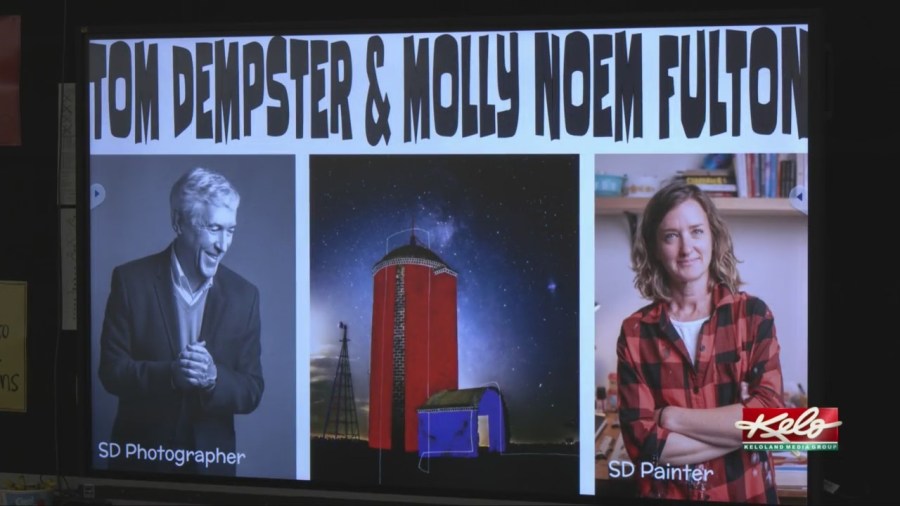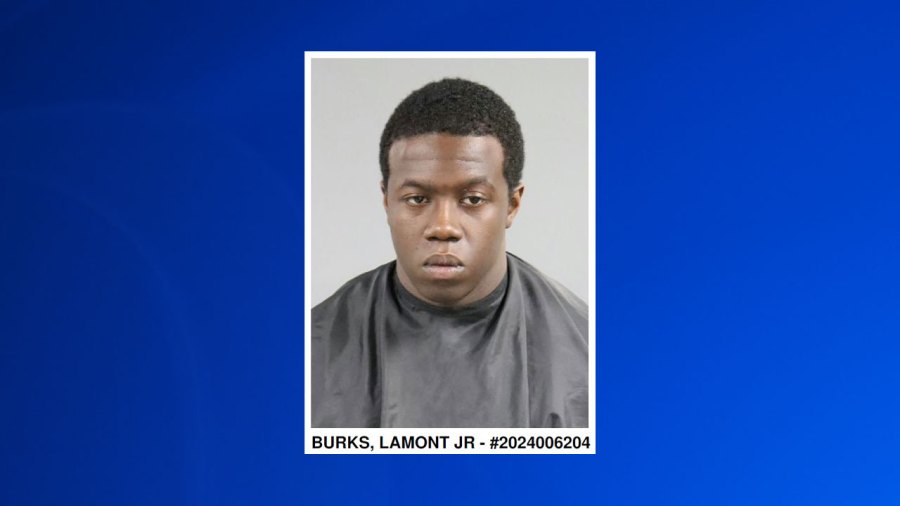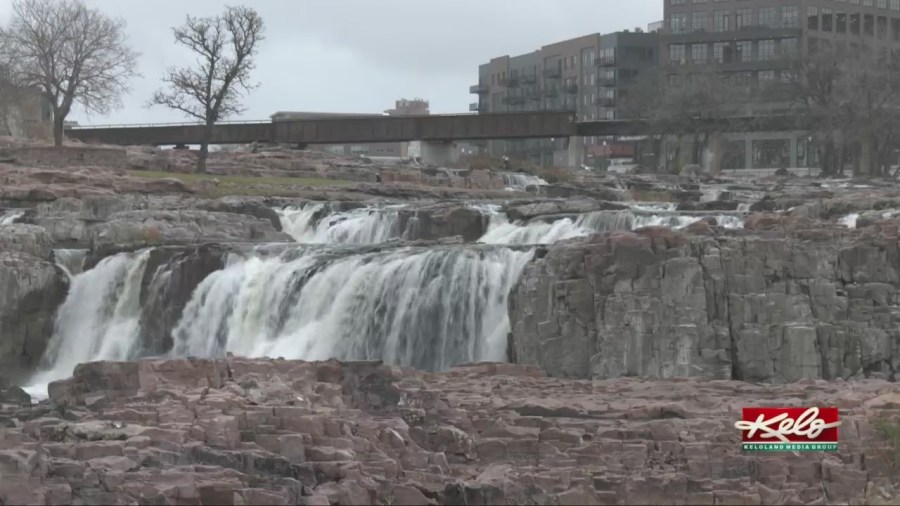SIOUX FALLS, S.D. (KELO) — Earlier this year, South Dakota’s state legislature passed Senate Bill 201, which imposes certain requirements and allows counties to impose a one-dollar-per-foot surcharge for carbon dioxide pipelines. Summit Carbon Solutions is proposing the 2,000 mile pipeline that would cross South Dakota.
UPDATE: State system back up, voters face long lines
Supporters say it’s “a market opportunity” and the pipeline will reduce the carbon footprint for ethanol plants. But the ‘No’ side on Referred Law 21 argues it was nothing but a sellout to corporate America and are calling the legislation “deceitful.”
Just days after SB201 passed, opponents organized a petition and gathered enough signatures to require a ballot vote. Now, Referred Law 21 is raising questions of whether a pipeline would protect landowners or take away local control.
“Summit came in offering a lot of money and our legislators said, ‘well, we need all this money, so we’re going to pass a law, so, we make sure we get this pipeline built,'” Jim Eschenbaum said.
Be informed on the seven 2024 ballot measures
Amendment E
Amendment F
Amendment G
Amendment H
IM 28
IM 29
Referred Law 21
Eschenbaum argues the legislation is ‘unconstitutional’ and calling it the ‘Landowner Bill of Rights is ‘misleading.’
“This will be entirely taxpayer funded. Don’t tell me about the new property taxes you’re going to create that will be beneficial to the state of South Dakota when it’s the taxpayers that are paying it,” Eschenbaum said.
But the ‘Yes’ side says the one-dollar surcharge would create tax revenue for counties, and that Summit Carbon Solutions would provide protections to those who own the land where the pipeline crosses through.
“It puts the pipe a little bit deeper into the ground than the federal regulations call for. So, there’s just a whole number of things that, again, make an impacted landowner like me and my family, much more comfortable at the same time,” Walt Bones said.
Bones adds pipelines are the safest way to transport carbon dioxide. He says if Referred Law 21 is rejected and Senate Bill 201 is defeated, impacted landowners would lose a funding source.
“There’s no land that’s being taken here. This is an easement,” Bones said. “I still own the land. I still pay property tax on the land. I can still graze the land. I can still crop the land. I can grow corn and soybeans on the land.”
However, there’s still a concern that the topic of eminent domain could also have an impact if the bill becomes law.
“The process of eminent domain is it goes to court, a judge decides whether to grant eminent domain or not. And then a jury of your peers determines just compensation, is the process of eminent domain. There is no wording in Senate Bill 201 in regards to eminent domain, but I have argued from the beginning, I’m afraid a judge will make that decision,” Eschenbaum said.
“This is not this is not a referendum on the pipeline itself. There is nothing in here about eminent domain that’s in the court system right now. There’s nothing in here. Local control does not change in any way,” Bones said.
A ‘Yes’ vote on Referred Law 21 would impose a one dollar per foot surcharge for carbon dioxide pipelines. It’d also allow certain requirements for them, including a minimum depth burial and that easements be in writing. A ‘No’ vote would reject the law.
